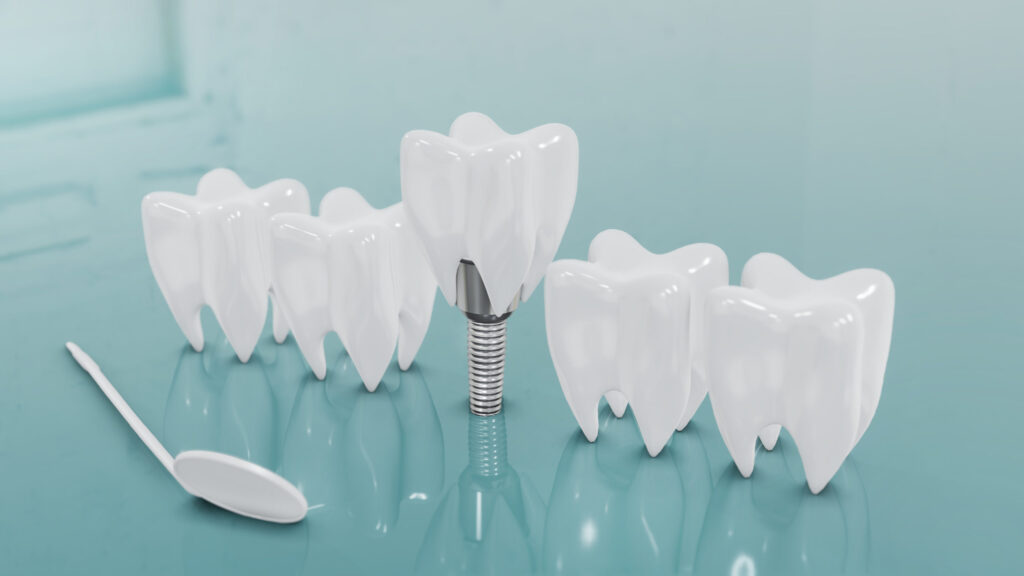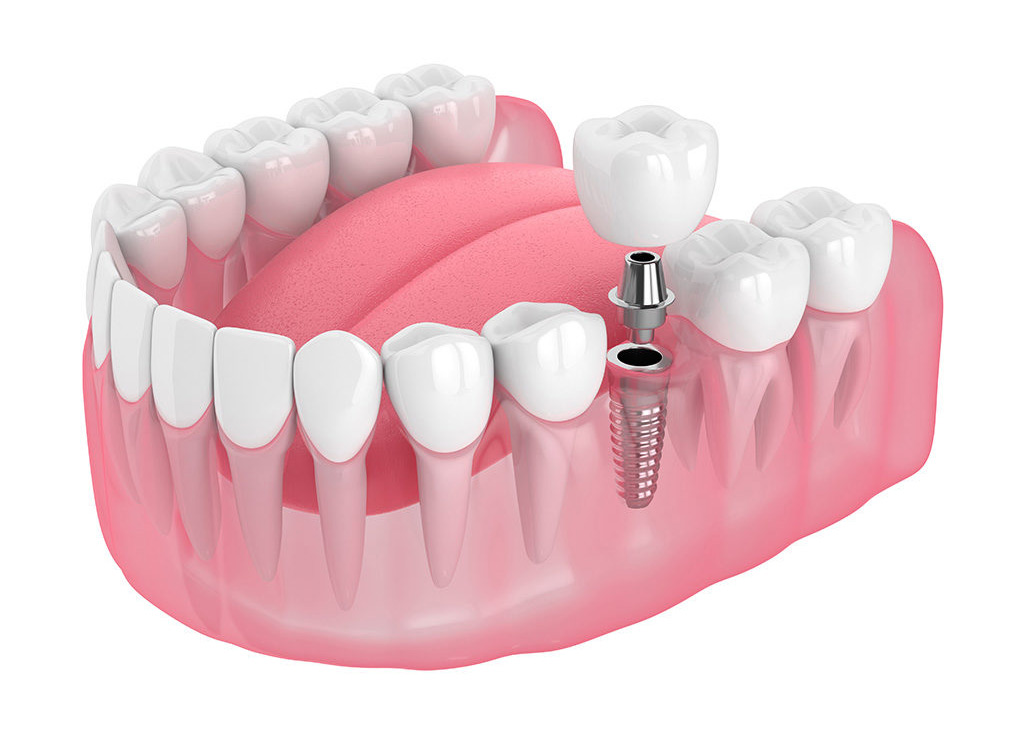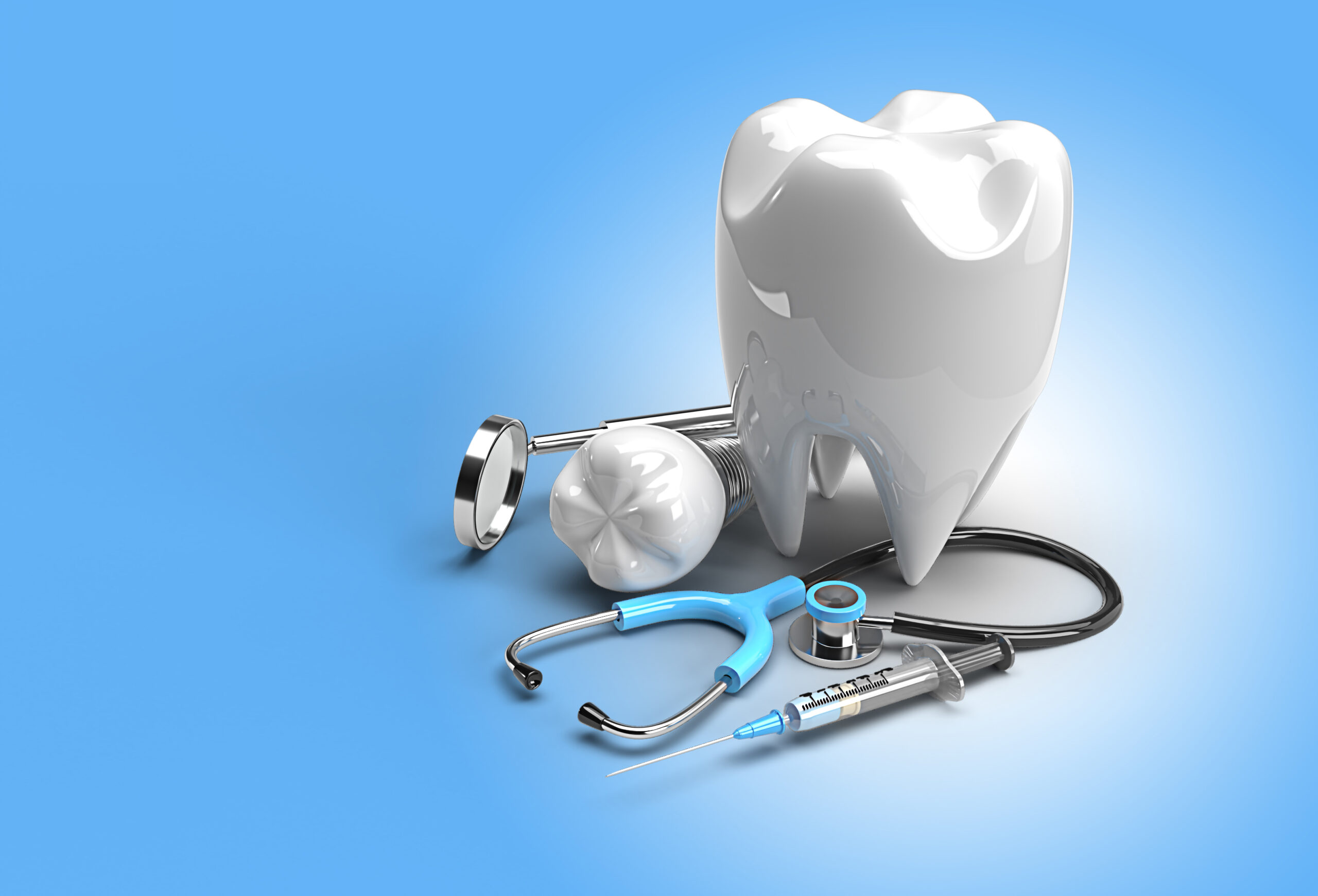Another thunderbolt from the dental industry was the permanent solution for tooth loss through dental implants. However, since we now have the right dental implant, we should consider all the factors which will determine not only the success of the procedure but also its long-term results. Here is the full information you need to know about dental implants: procedure, best materials, clinics, and importance of proper dental professional choosing.
What are Dental Implants?
Dental implants are artificial roots made out of titanium, or other biocompatible materials, placed in the jaw through surgical procedure to bring about healing to the natural attachment to bone. Such a base will accommodate an extremely stable foundation on which to mount crowns, bridges, or dentures. They are famous for their strength, aesthetic value, and their function and very closely resemble the original in shape and function.
Advantages of Dental Implants
One benefit of dental implants to you is if you choose this alternative rather than opting for conventional dentures or bridges. Some of the benefits include:
- Long-lasting and durable: They can last forever if proper care is taken
- They improve your oral health: This includes saving the natural bone and preventing its loss
- Your comfort and stability improve since they do not shift around like removable dentures; they give you a comfortable and strong fit.
- Aesthetic appearance: They would look and feel like your natural teeth, and this would smile up your face.
- Now, with normal mastication the ability to chew: Once you can eat and speak quite conveniently like everybody else with natural dentition.
How to Choose the Best Dental Implant
However, to find the perfect dental implant near me would require consideration when making the proper choice. Below are the major aspects you need to observe:
1. Qualifications and Experience of the Dentist
The success of dental implant surgery would highly depend on the dexterity of the dentist performing the surgery. Make sure you have chosen an implantologist or a certified oral surgeon with experience in many years of implant dentistry. Ask for their credentials, how many implants have been placed successfully, and patient testimonials or case studies measuring their capability.
2. Quality of the Implant Material
Not all dental implants are created equal. The materials vary from one type to the next. There is better quality material than others. Titanium is the most frequently used material in implants in dentistry due to its biocompatibility and fit closely approximated by the jawbone. Zirconia implants are proved to be the best for patients who have metal sensitivity. Always ask the type of implant material used and how that will work with your personal needs.
3. Success Rates and Lifespan
Of course, success rates for dental implants are usually at an extremely high rate: between 95% and 98%, although again dependent upon the skill of the dentist, the type of implants used, and the general health of the patient. However, what is important is that the clinic would take such care in after-surgery follow-up because these visits would see to monitoring the actual development process over time.
4. New Technologies and Procedures
Most clinics have switched to the use of 3D imaging and digital scans for accuracy and customized dental implant treatments. Clinics with newer technology tend to have better success rates. A computer-guided placement technique ensures the procedure is least invasive yet very precise. Inquire if your nearest clinic uses the latest technologies for the best outcomes.
5. Cost of Dental Implants
The cost of dental implants depends on a variety of factors, such as the restoration of a few teeth, material type, and a doctor’s charges that your dentist will impose. Cheaper alternatives have to compromise somewhere-sometimes by virtue of the material, and sometimes by virtue of the doctor’s expertise. Most dental clinics offer financing options for the implant procedure. Request that you be given an itemized estimate of charges and if there are any special charges.
6. General Treatment Plans
A good dental clinic would offer you a general treatment plan. This would include a first visit, diagnostic tests, proper treatment, and after-care services. The treatment plan needs to cater to your specific needs, or at the very least, to what can be taken up regarding your oral health, bone density, and your overall goals in long-term oral care.
7. Location and Accessibility
Whenever you are looking for an oral implants clinic near me, the importance of accessibility to your house or office will lie in the review and follow-up visits. An appropriate clinic should be accessible and operate with a flexible schedule to your advantage.
Procedure: How-To
Understanding the process of oral implants will help dissolve some myths. Here’s the step-by-step about what to expect during the procedure:
Pre-Treatment: First Consultation and Examination
On your first visit, a complete check-up by your dentist, X-rays, 3D imaging, even bone scans, are done just to know the health status of your jawbone and if you could go for the procedure.
Bone Grafting (If Necessary)
He might do some bone grafting for the patient if he thinks the jawbone is not that dense to be filled under the implant. Bone grafting is a surgical procedure transplanting bone material onto the jawbone for building up the jawbone to such an extent that it becomes hard enough to hold the implant.
Place Implant
The location of your jawbone will be approved, and the dental implant will be put surgically in the bone. Osseointegration is a healing process at the site that usually takes several months, in which the implant unites with the bone to stabilize it.
Abutment and Crown Placement
Then an abutment is fixed over the implant after it has bonded to the bone. Then comes a crown of your choice shape that fits over the abutment in order to replace the look and functionalities of your tooth.
Post-Surgery Care and Maintenance
Along with dental implant placement, strict adherence to the post-operative care instructions offered by your dentist will ensure a longer period of the implants in your mouth. Oral hygiene through brushing and flossing ensures this. Routine check-ups with your dentist help prevent complications.
Complications and Prevention
Complications are infrequent but can and do happen. Some complications include:
- Infection at the site of the implant
- Nerve damage or sinus complications
- Failure of the implant from poor osseointegration
In order to avoid such situations, you should opt for a skilled dentist, listen to their treatment instructions, and ensure you maintain your oral cavity properly.
Choosing Best Dental Clinic near Me
A proper dental implants clinic near me must be undertaken after suitable research. One should read reviews, consult multiple dentists, and ask the most important questions in relation to their procedure and the success rate. A relaxed and confident clinic can make you have a smooth experience.




